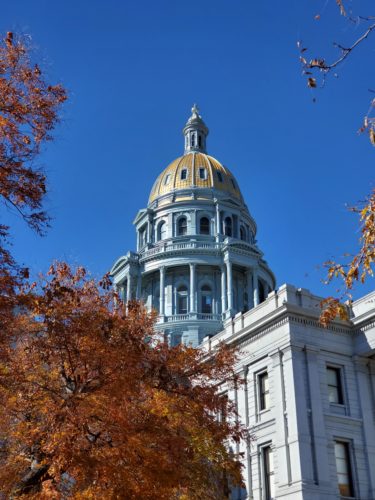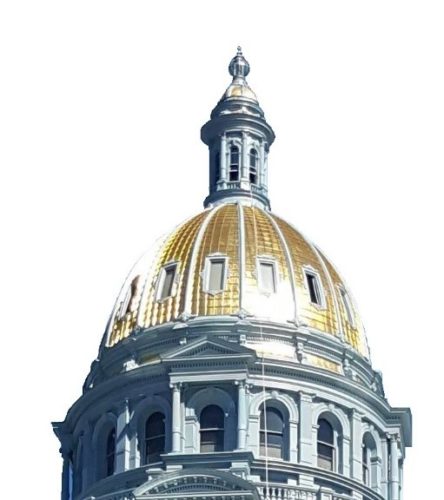
Happy Thanksgiving!
Happy Thanksgiving from the Office of Legislative Legal Services


Happy Thanksgiving from the Office of Legislative Legal Services
Last week, we brought you part 1 of the Interim Committee Recap series. Today, we’re bringing you part 2, covering the rest of the interim committees and their bills, which […]
After a year off, legislative interim committees met this interim to discuss topics relevant to Colorado and to recommend legislation to the Legislative Council Committee. This week, we’re providing a […]

Where did the interim go? The 2022 Legislative Session will convene at 10 a.m. on Wednesday, January 12, 2022, but, as those who follow the legislature know, bill drafting starts […]